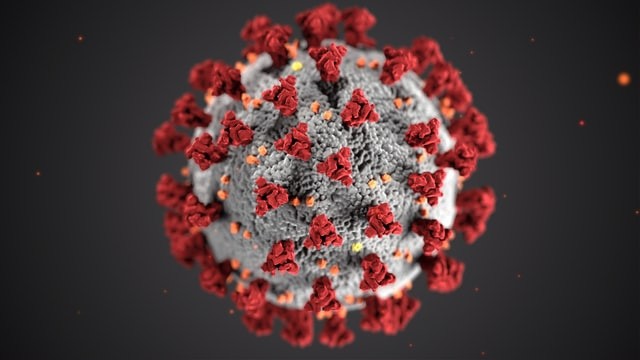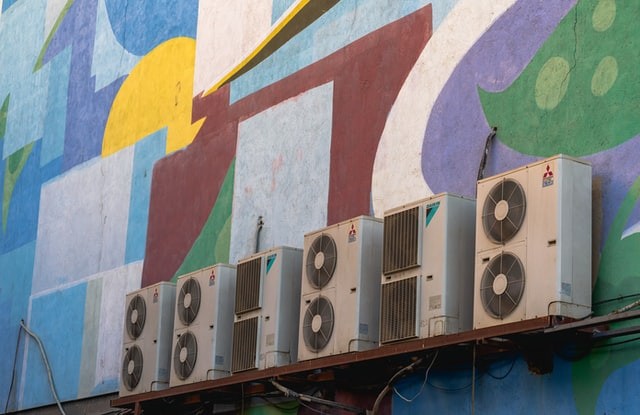According to MSN Lifestyle's latest report, air-conditioning may increase the risk of further infection caused by the novel coronavirus.
In the United States, 5.4 million air-conditioning units were manufactured in 2019 to prepare for this year's summer season. However, experts say it isn't the best time to use ACs as two studies discovered that COVID-19 particles can spread by ventilation, heating, and air-conditioning.

According to the report, most individuals spend 90% of their lives in built environments like cars, public transportation, and buildings, breathing in shared indoor air and touching potentially contaminated surfaces.
"Air conditioners will take air and re-circulate it through the room, and it's through that mechanism that these coronavirus droplets can be transmitted," said Qingyan Chen, a mechanical engineering professor at Purdue University.
Chen brought up that the 700 individuals out of 3,000 passengers on the Diamon Princess Cruise Shop got infected. "After quarantine, many people still got sick on the ship and I suspect that the air conditioning system could play a role there," he said.
However, other experts are skeptical about the report. Meghan May, an epidemiologist and professor at the University of New England College of Osteopathic Medicine, said that prioritizing physical distance is more important than worrying about air-conditioning.
"I'm not yet convinced it is a concern. But if it is, I would say air-conditioning is the least of your worries in mass transit or apartments," she said in the report of Business Insider.
Nine people infected by COVID-19; Air-conditioning is the main cause, experts say
According to MSN Lifestyle, a study discovered that nine people in a restaurant were infected because of air-conditioning which blew the coronavirus droplets.
The study was published in the Journal Emerging Infectious Diseases on April 2, focusing on the infected causes in a restaurant located in China which raised concerns about AC's risk factors.

Nine infections in Guanzhou were linked by the researchers to one 63-year-old woman. Most of the infected individuals didn't have direct contact with the woman, but they sat on the tables near her. The study concluded that the air-conditioning of the restaurant blew the particles around infecting the other individuals.
The report stated that the finding is alarming since it implies that air-conditioning can increase the risk of getting the virus without having direct contact with an infected individual.
However, it was also stated that the droplets which came from the infected woman didn't spread too far from her position; only 10 individuals out of 83 customers of the restaurant were infected.
The study serves as a warning to those restaurants and other establishments with wide air-conditioning units that are looking to open up for the summer to take precautionary measures to avoid further spreading the virus.
Also Read: Coronavirus Immunity: Can You Really be Immune to Virus After Infection? What We Know So Far
ⓒ 2025 TECHTIMES.com All rights reserved. Do not reproduce without permission.




